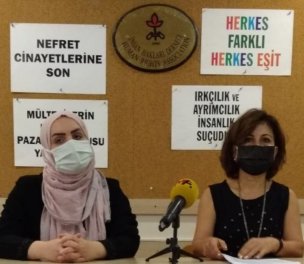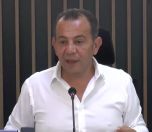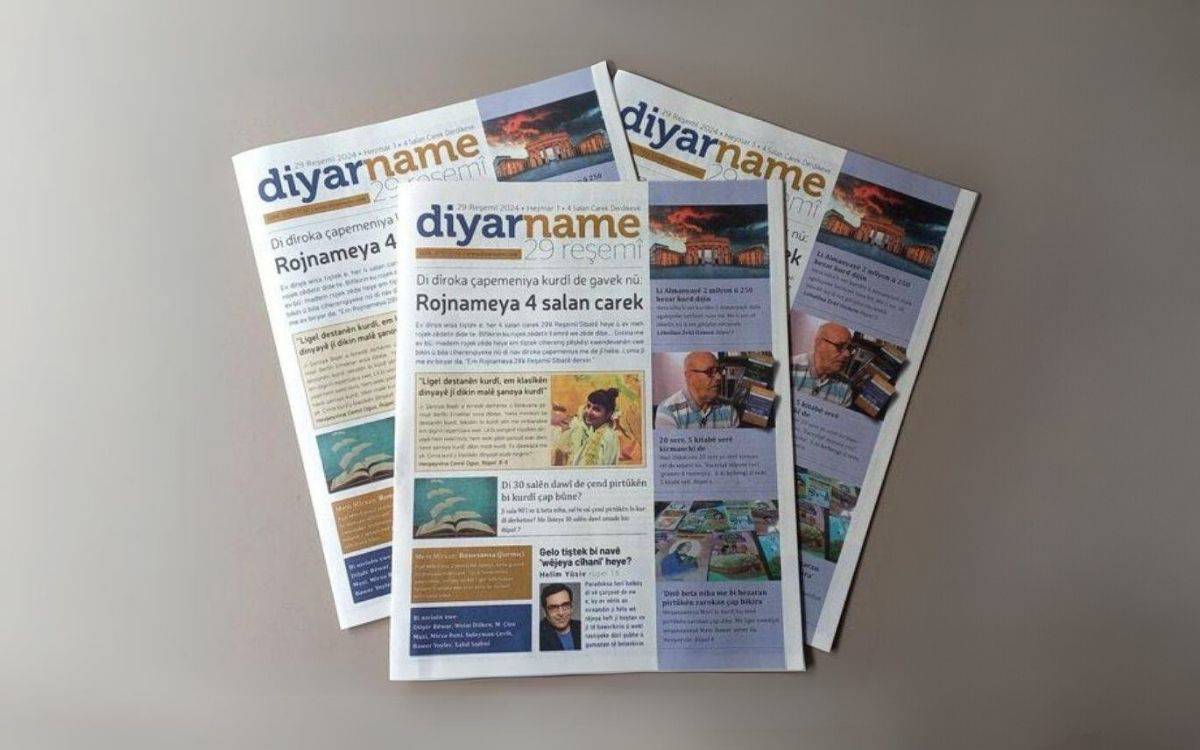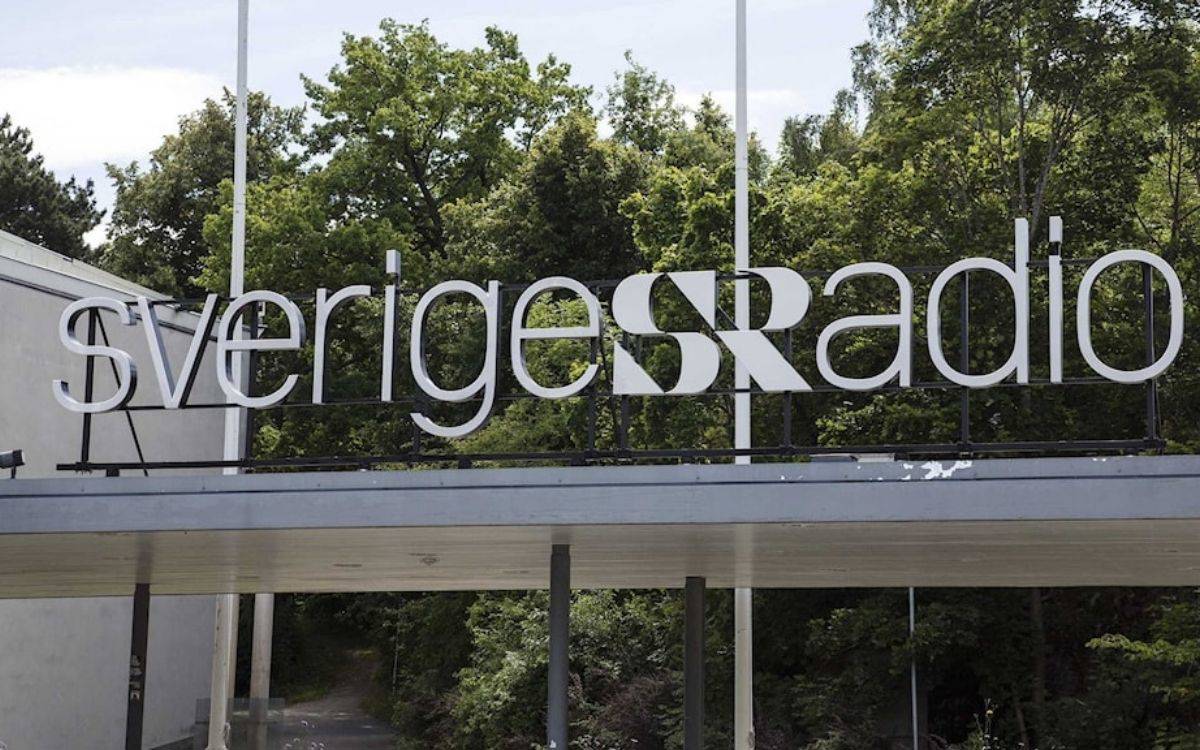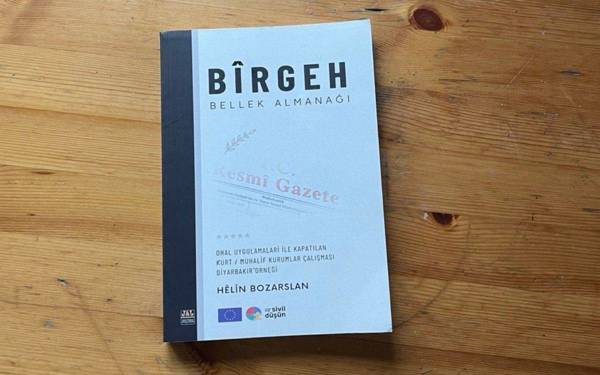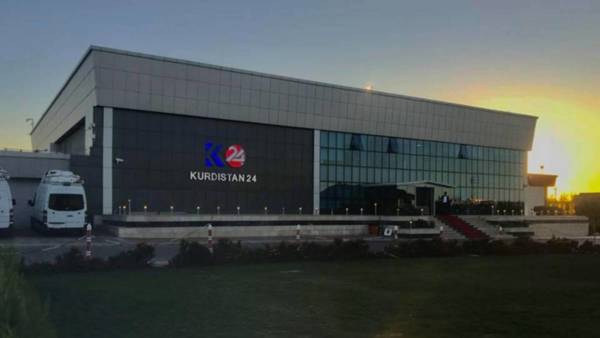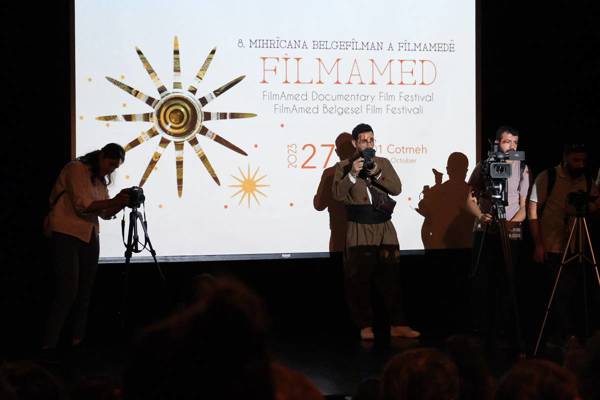"Duplex apartment for rent by owner - Not to be rented to Syrians" - Credit: Twitter
Click to read the article in Turkish / Kurdish
"We have really begun our lives despite what we went through. I have lost so many people... I have lost my relative. I have lost my elder brother in Syria. I have started everything from scratch amid all this trauma. I have learned a new language. I speak your language. I am trying to adapt. But they say, 'Stop there. You don't belong here.' I don't want to feel that I belong here. I am trying to adapt. But it isn't working out."
Duaa Muhammed recounts how she has been unable to find a house for rent in İstanbul for 2 months because she is from Syria.
Muhammed is one of the millions of refugees who fled the war in Syria, which has been going on for over 10 years now, and settled in Turkey. She has been in Turkey since 2014. As she wanted to do her MA, she decided to move from the southeastern province of Antep to İstanbul.
But she could not find a house for rent in the metropolitan city and had to go back to Antep. She is now studying International Relations at the Anadolu University's Open Education Faculty in Eskişehir and working for a non-governmental organization based in Antep.
'When I say I am from Syria...'
When we talk to her on the phone, Duaa Muhammed says that she has given up searching for a place for rent:
"I have been looking for a house for two months. Mecidiyeköy, Şişli, Bahçelievler... I want it to be close to the metrobus line. When we first talk on the phone, they say that I can rent the house.
"But, then, when I say that I am from Syria, they say, 'But the owners of the house don't want to give their house to Syrians.' I try to talk, I say, 'I am a student.' I say, 'I am also working. I understand their prejudices. Every place has its good and bad. The owner perhaps had a bad experience, but it is not rational to make generalizations based on this.' They say, 'No.'"
This reminds us of a recent statement by Tanju Özcan, the Bolu Provincial Mayor from the main opposition Republican People's Party (CHP), who has announced that the Municipality will introduce a 10-fold increase to the water bills and solid waste taxes of foreign nationals.
Similarly, a few days ago, İstanbul Fatih District Mayor Ergün Turan from the ruling Justice and Development Party (AKP) attended a program on Habertürk TV and announced that they will no longer let Syrians and other refugees rent houses within the boundaries of Fatih. The Mayor has also announced that 7 thousand refugees have left Fatih during this period.
Her acquaintances cannot find a house, either
Duaa Muhammed is one of those who looked for a house for rent, but have been unable to do so in this period. She says that she has talked to 40-50 house owners so far, but has received similar answers from all of them. What Muhammed is going through is not an isolated situation.
Muhammed tells us that she has four-five acquaintances who have been unable to find a house because they are from Syria:
"I have another friend. That friend has just moved to İstanbul. She is married and has two kids. I was looking for a flat for both myself and her. She is a student at İstanbul University. She is working simultaneously. I am telling all these. I say, 'She is working as an accountant.' They ask, 'Where is she from?' When I say that she is from Syria, they say, 'No, we don't want that.' A woman hung up on me. Another person hung up on me, too.
"After they hung up, I wrote a message on Sahibinden [an online shopping platform for real estate, vehicles]. I said, 'What you do is discrimination.' I said, 'If you don't want to be called, don't share your number.'"
The family and elder sister of Muhammed were also forced out of their rented houses in Hatay, another southeastern province on Turkey-Syria border, "because the house owners would marry off their children."
Duaa Muhammed is looking for a place to stay for them, too. She says that they also have the same problem there.
'I hate the question of "Where are you from?"'
"They say, 'We don't want foreigners.' They say, 'We don't want students.' I sometimes even say this: I say, 'I am Turkmen.' I say, 'I am a Turkmen living in Syria.' And the same thing... They ask, 'Are you from Turkmenistan?' I answer, 'No, I am from the Turkmens of Syria.' They say, 'No.' Sometimes I have to hide my own identity. I have hidden myself, so to say.
"It is a very hard feeling. I don't know how to explain it. But where I am from is very important for people. Sometimes I do not tell people where I am from so that they won't treat me badly. No matter who asks, I don't give an answer anymore. I say, 'What change will it make if I say it?' I hate the question of 'Where are you from?' now. I am a human. This is what matters."
Muhammed says that it is very difficult to be a refugee in Turkey. "There is no one who has not been discriminated against," she says and adds that "it is all the more difficult to be a refugee woman."
'Much more negative when done by the state'
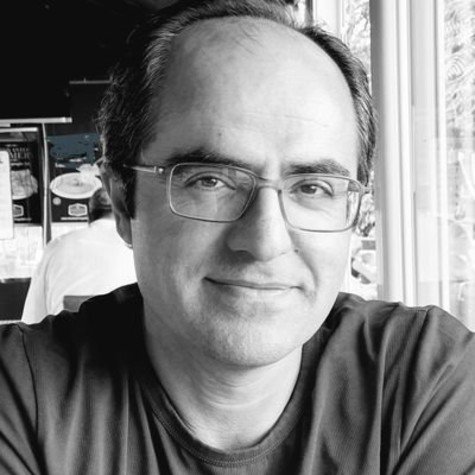
* Lawyer Abdülhalim Yılmaz
Working on refugee rights, lawyer Abdülhalim Yılmaz says that what is done to these people is dicrimination and adds: "A crime is being committed as per the Turkish Penal Code (TCK)." Yılmaz notes that "when this crime is committed on an individual or institutional basis, it may face a penalty by the Human Rights and Equality Institution of Turkey (TİHEK)."
CLICK - 'Ankara closed to new registration of refugees'
Yılmaz raises concerns that when such acts are committed by public authorities, they have much more negative repercussions for citizens:
"The problem here is the following: When discrimination is done by the state, or more precisely, by the public institution and some local governments or by the Ministry of Interior, as was the case in Ankara, it is perhaps done on such grounds as protecting public order, but this may have much more negative repercussions for people. I mean, when the state says, 'We won't accept Syrians into Ankara as a precaution', this time, those who commit acts that can be considered a crime against refugees and migrants see their crimes and discrimination legitimized. For this reason, especially the state institutions must explain their decisions very clearly."
CLICK - Attacks on Syrian refugees' homes, shops continue in Turkey's capital on the second day
Lawyer Yılmaz also reminds us of the opposition parties' statements about the refugees. He briefly says:
"While it looks like a criticism about the government, only refugees are aggrieved. Both the ruling party and opposition must act responsibly, use careful language and must not leave aside the humanitarian crisis.
"On the other side, by introducing an arrangement for local governments in this context, everyone living within the borders of a municipality must be counted and allocated a share from the central budget.
"Because municipalities are given a share from the central budget with the number of registered citizens living within the borders counted. But they must serve all people living there. In that case, the share and support coming from the center must be increased depending on this."
'Three main trends in the media'
.jpg)
* Dilek İçten - Media and Migration Association
When the news in the media is observed, it is seen that the Syrians and refugees in general are blamed for the rising rents. Dilek İçten from the Media and Migration Association notes that the media has been triggering discrimination and causing it to become more widespread:
She mentions three main trends in the media: "The most important of these trends is that the content about migration in Turkey is formed based on abstract and unconfirmed information, which causes serious disinformation about the living conditions of refugees and migrants in Turkey.
"The second trend that we see in the news about migration is that the language and discourse used there is far from being objective and has some elements open to marginalization.
"Apart from all these, there are serious problems about the rights-based media representation of the migrants and refugees residing in Turkey. In the media, refugees and migrants are generally reported as objects of certain issues (crime, epidemic disease, economic burden, demographic threat, etc.) or attributed certain roles (criminals, usurpers of the locals' economic and social opportunities, spreaders of disease, in need of help, etc.).
"Therefore, there is very limited content that talks about the living conditions of refugees and migrants in Turkey and the problems and obstacles they face based on their own experiences and with their own words." (FD/SD)






